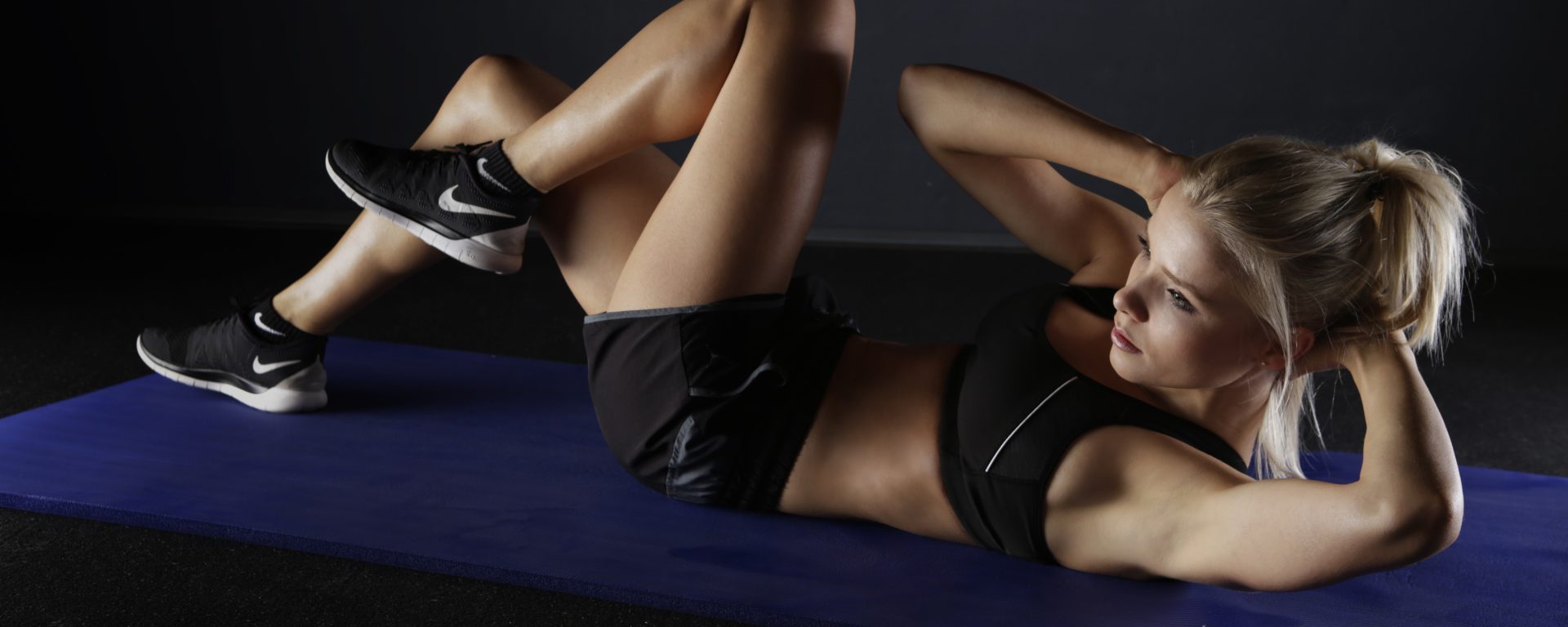Vertigo, a distressing sensation of dizziness and imbalance, often results from peripheral vestibular disorders. In a pioneering effort to address this issue, Alessandra R. Venosa, et. al.,(2007) conducted a prospective randomized trial aimed at assessing the efficacy of vestibular rehabilitation exercises during the initial stages of these disorders.
The study, characterized by its rigorous design, enrolled a total of 87 patients who were experiencing acute vertigo symptoms for less than 5 days. The participants were divided into two groups, ensuring a blinded approach: the study group, comprising 45 patients, engaged in vestibular rehabilitation exercises focused on adapting the vestibulo-ocular reflex, while the control group, consisting of 42 patients, performed placebo exercises.
Both groups were permitted to use dimenhydrinate, a medication commonly used to alleviate vertigo symptoms, up to 150 mg per day if required, regardless of their exercise regimen. Throughout the study, the patients’ progress was evaluated through multiple measures, including a visual analogue scale, physical examinations, and the need for medication.
The demographic data and the severity and duration of symptoms were comparable between the study and control groups, enhancing the reliability of the study’s findings. Notably, the results revealed a remarkable difference in recovery rates between the two groups. Within 10 to 14 days post-intervention, a striking 43% of patients in the study group reported no significant symptoms, compared to a mere 5% in the control group (P < .001).
Additionally, the study group displayed a significant reduction in the need for medication, with 67% of participants requiring no medication, compared to only 3% in the control group (P < .001). While both groups eventually showed a lack of significant symptoms by the end of the 21-day follow-up period, it is noteworthy that a mere 14% of the study group continued medication usage, as opposed to a staggering 83% of the placebo group (P < .001).
In conclusion, the study by Venosa and Bittar demonstrates the effectiveness of vestibular rehabilitation exercises in shortening the duration of symptoms and reducing the dependency on medication for patients in the early stages of peripheral vestibular disorders. These findings present a promising avenue for managing acute vertigo and improving the overall quality of life for affected individuals. As the medical community continues to explore innovative treatments, these rehabilitative exercises hold the potential to revolutionize the approach to vertigo care.
Reference: Venosa, A. R., & Bittar, R. S. (2007). Vestibular rehabilitation exercises in acute vertigo. The Laryngoscope, 117(8), 1482-1487.
